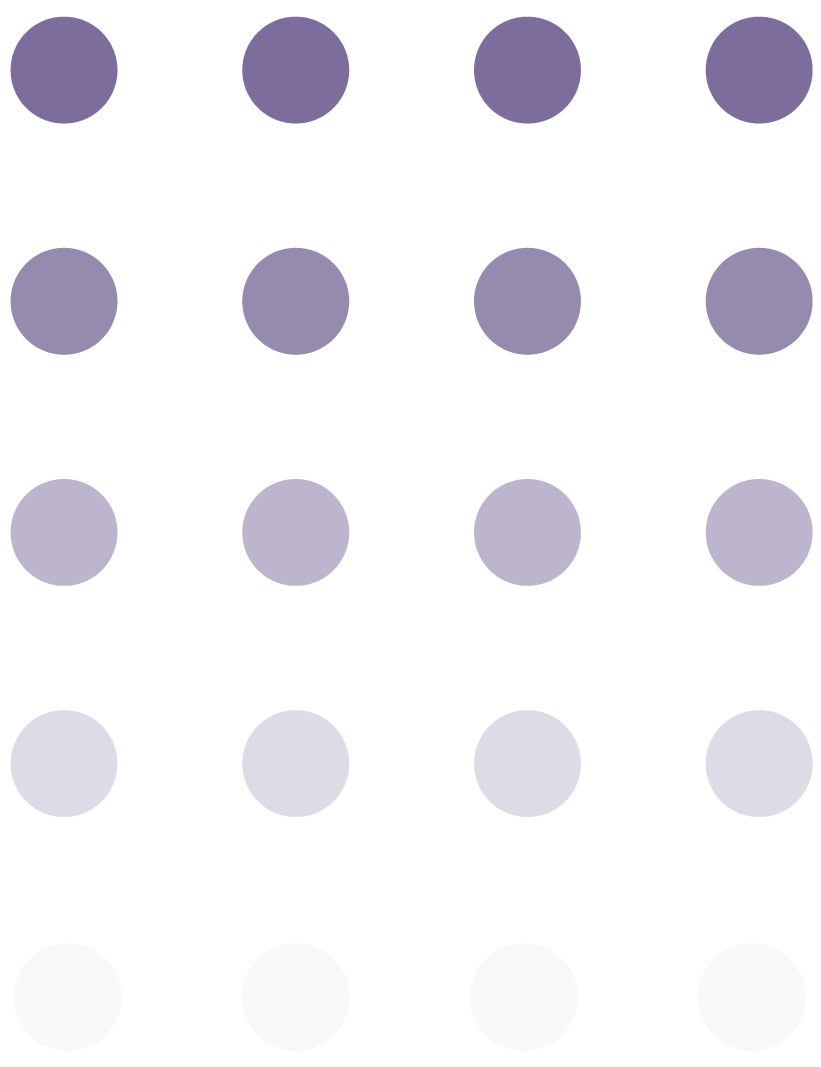Oophorectomy

Introduction
The symptoms associated with oophorectomy depend on the underlying condition. In cases of ovarian cancer, symptoms may include abdominal pain, bloating, and changes in bowel or bladder habits. Noncancerous ovarian tumors may cause similar symptoms. Endometriosis can cause pelvic pain, painful periods, and infertility, while ovarian cysts may lead to pelvic pain and bloating.
Precautions
Overall, oophorectomy is a surgical procedure that may be necessary in cases of ovarian cancer, noncancerous ovarian tumors, endometriosis, or severe ovarian cysts. The decision to undergo this procedure should be made in consultation with a healthcare provider, and women should be aware of the potential risks and benefits before proceeding.

patient education
Contact us
Phone:
305-931-7960
12550 Biscayne Blvd, Suite Ph 906
North Miami, Florida 33181
Email: info@aventuraobgynadvancedcare.com
